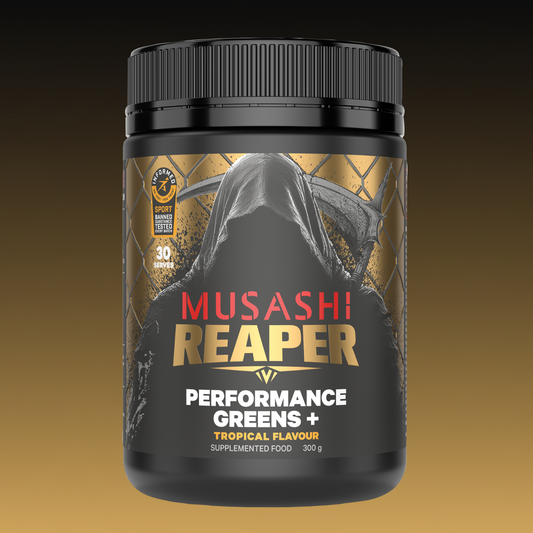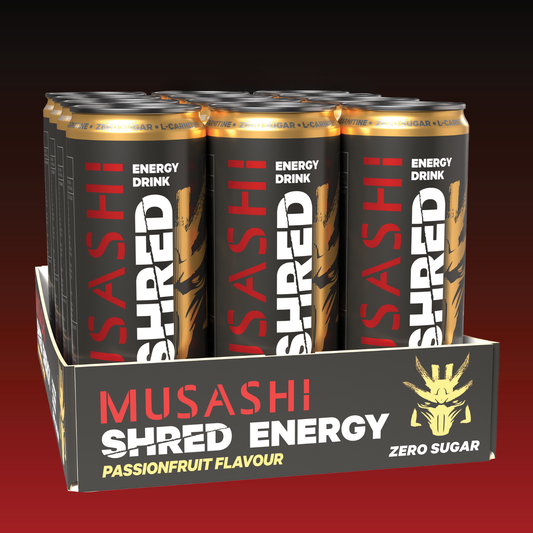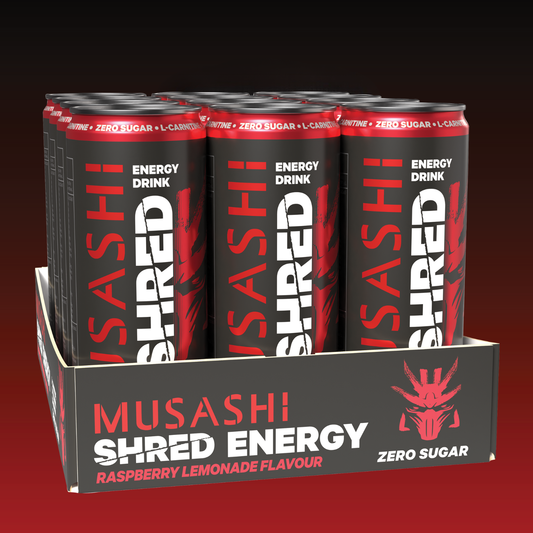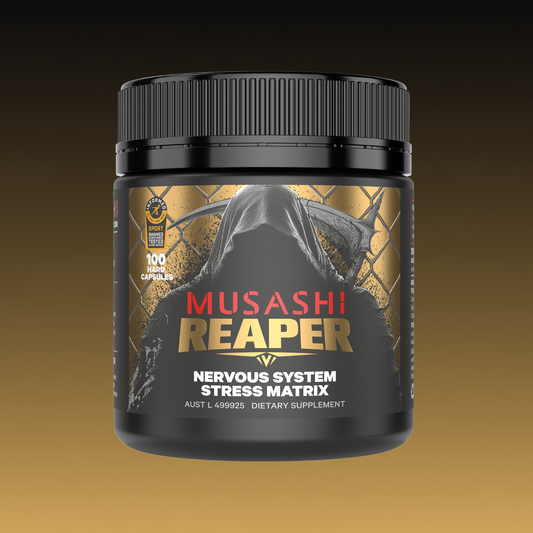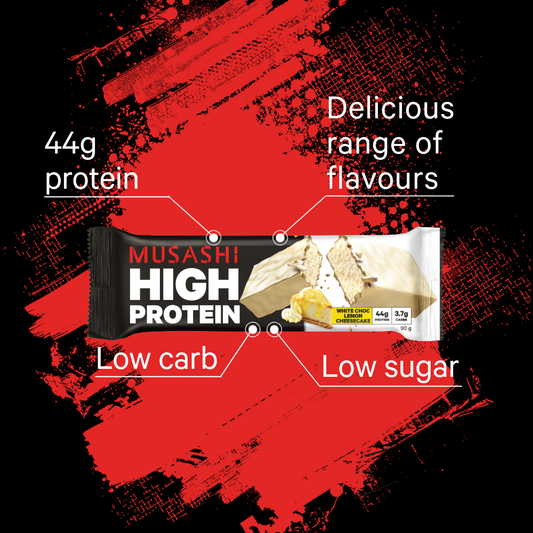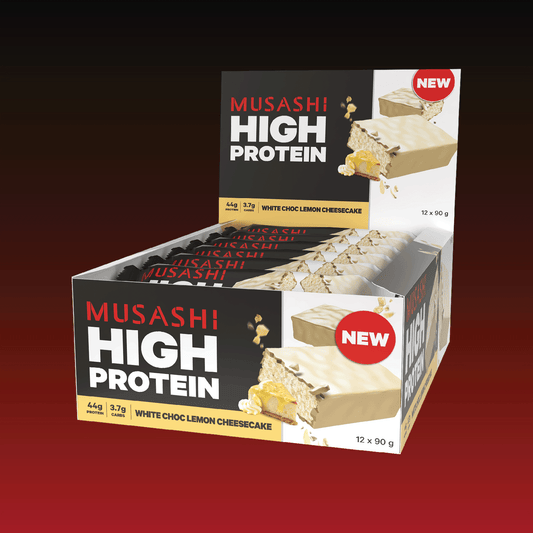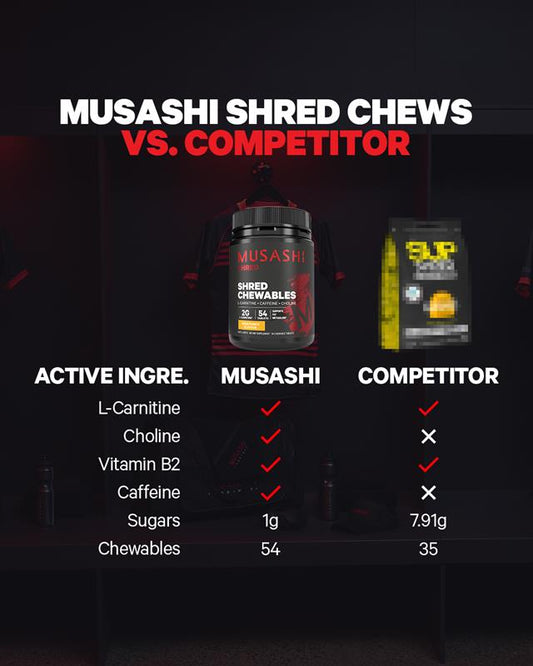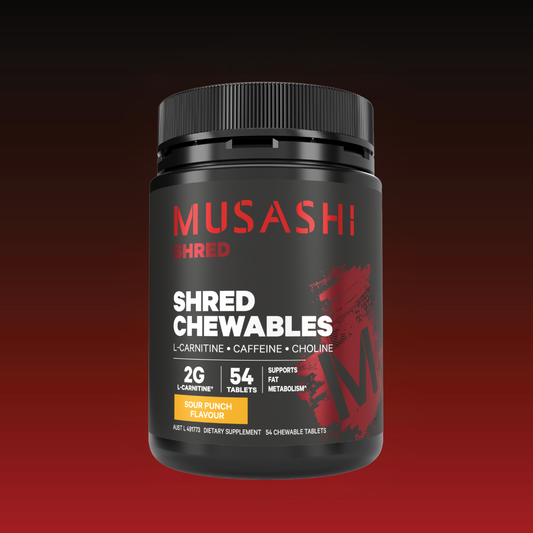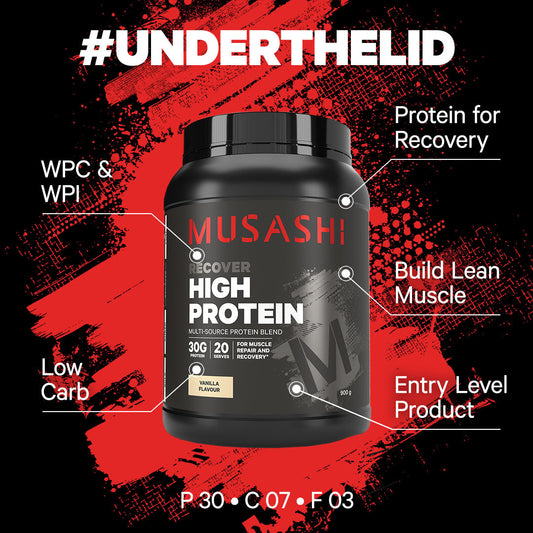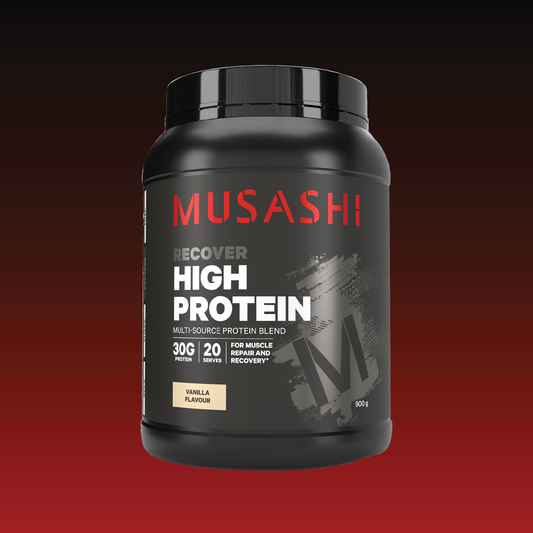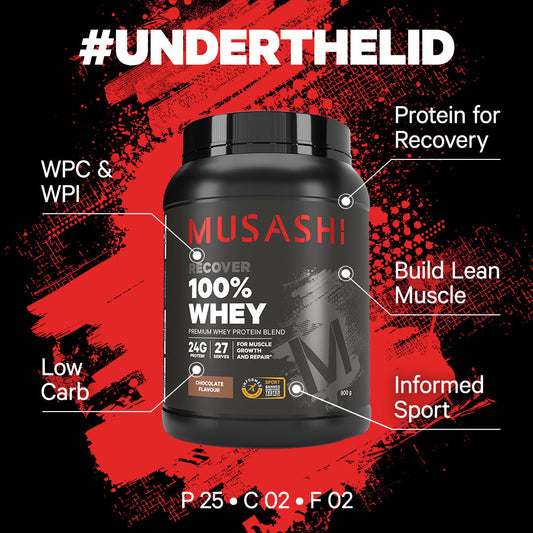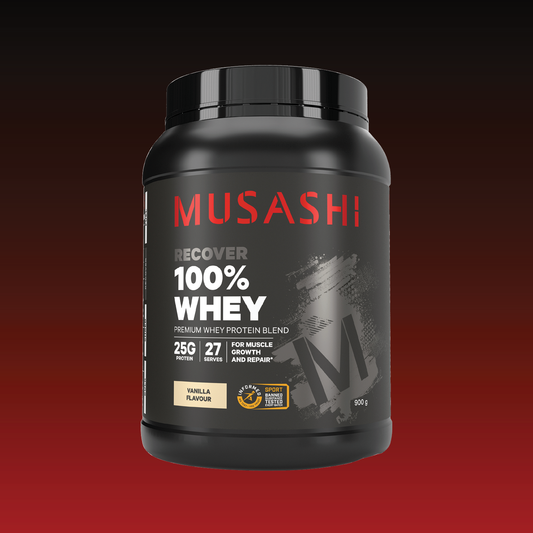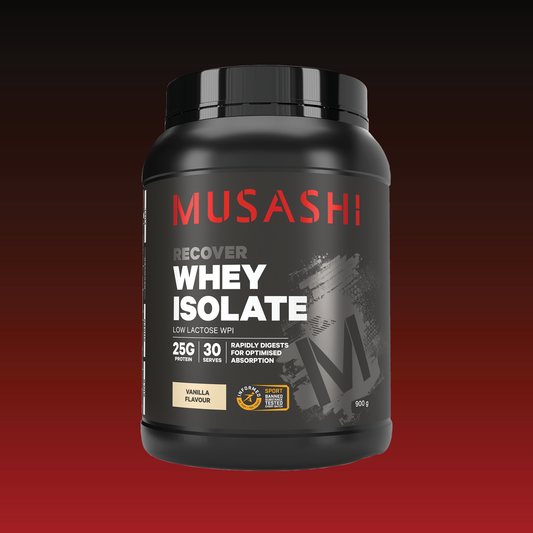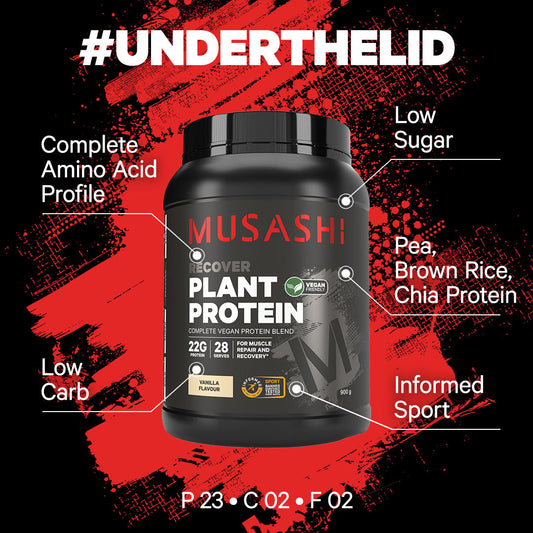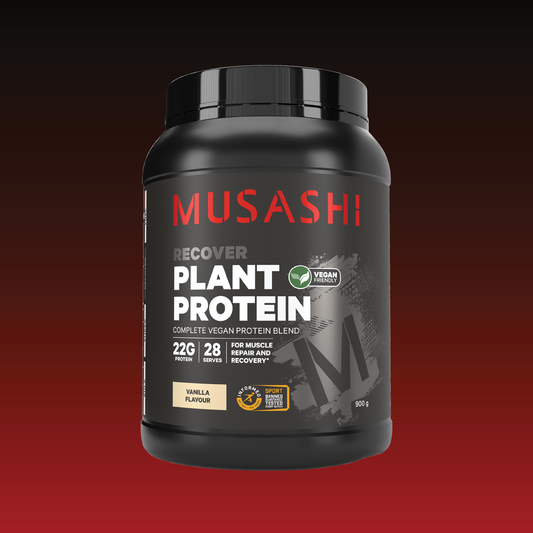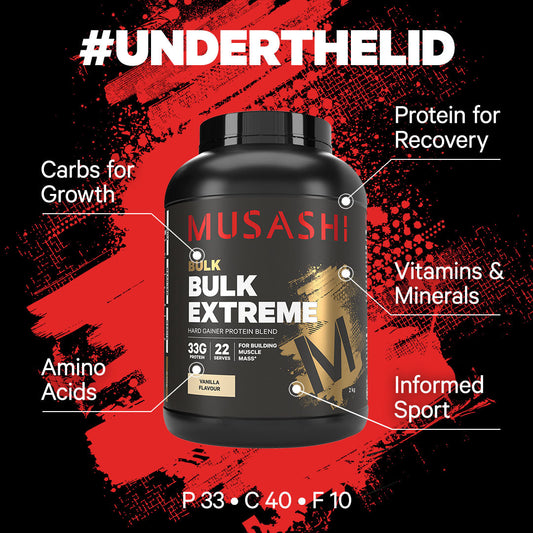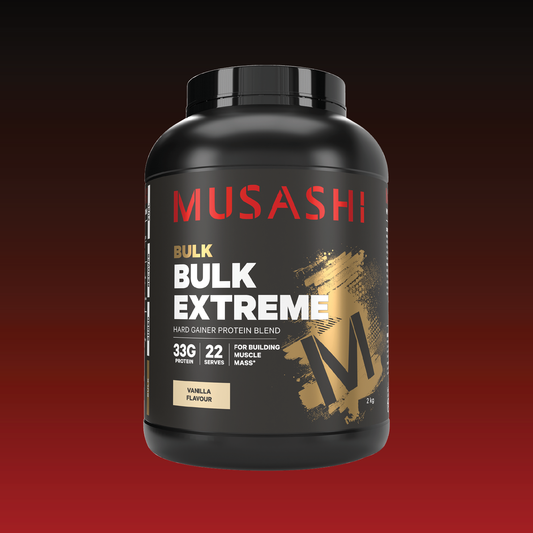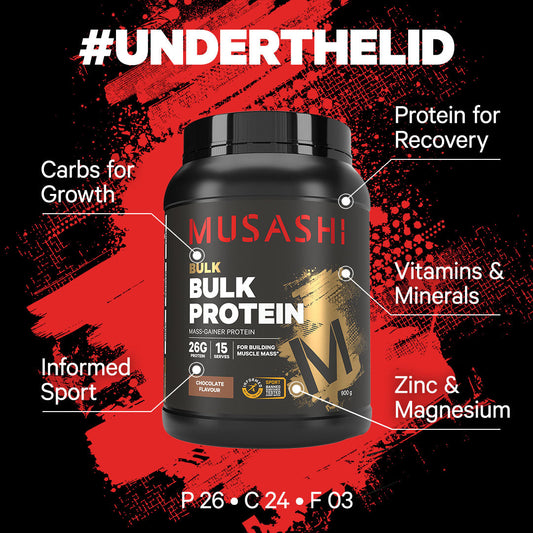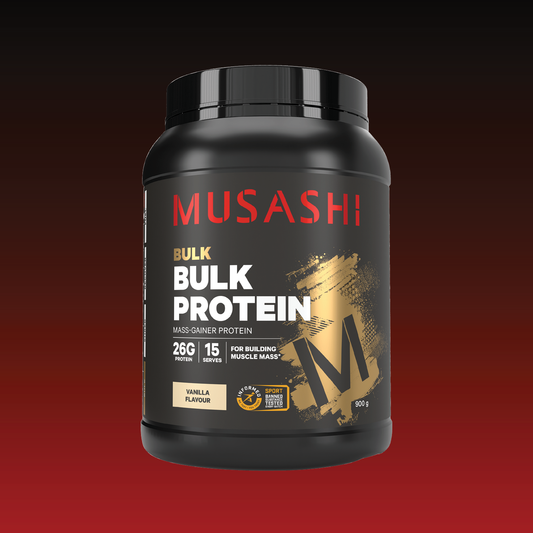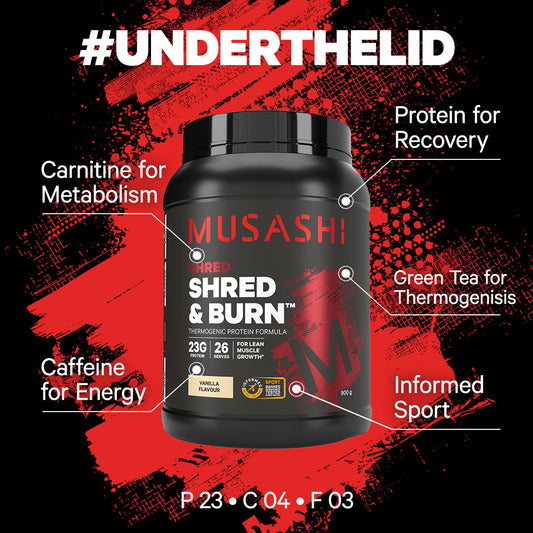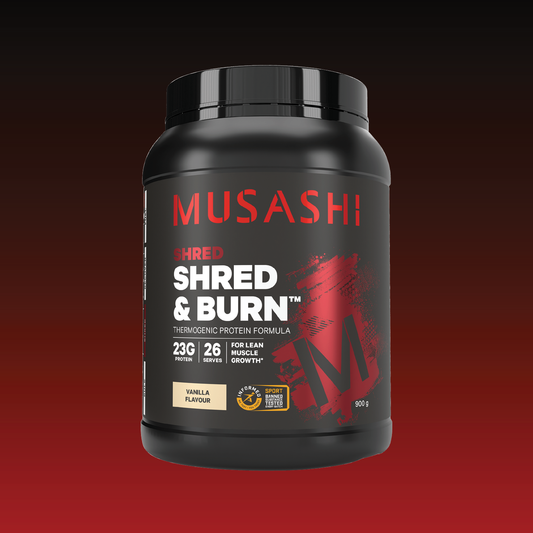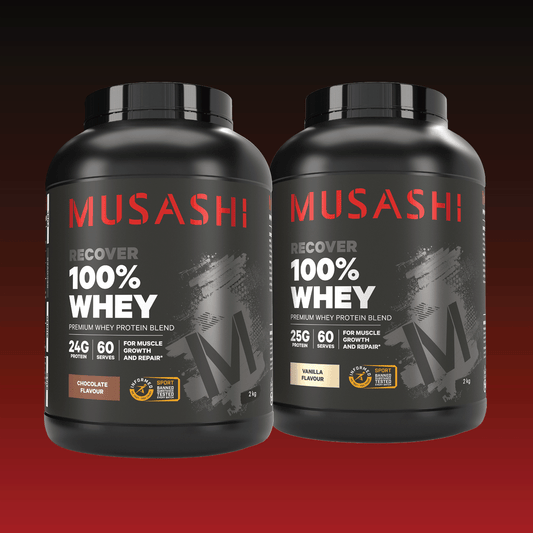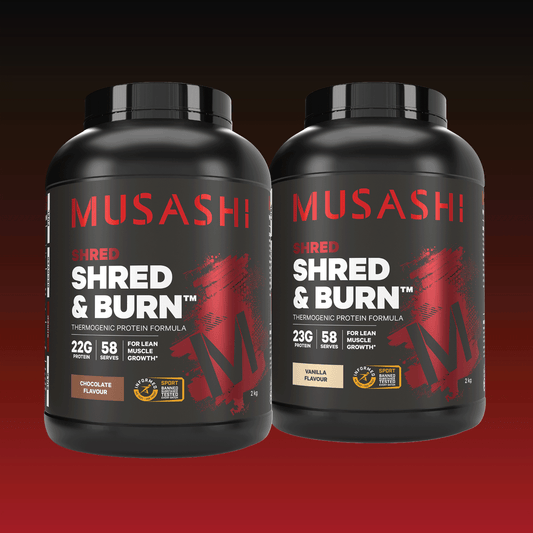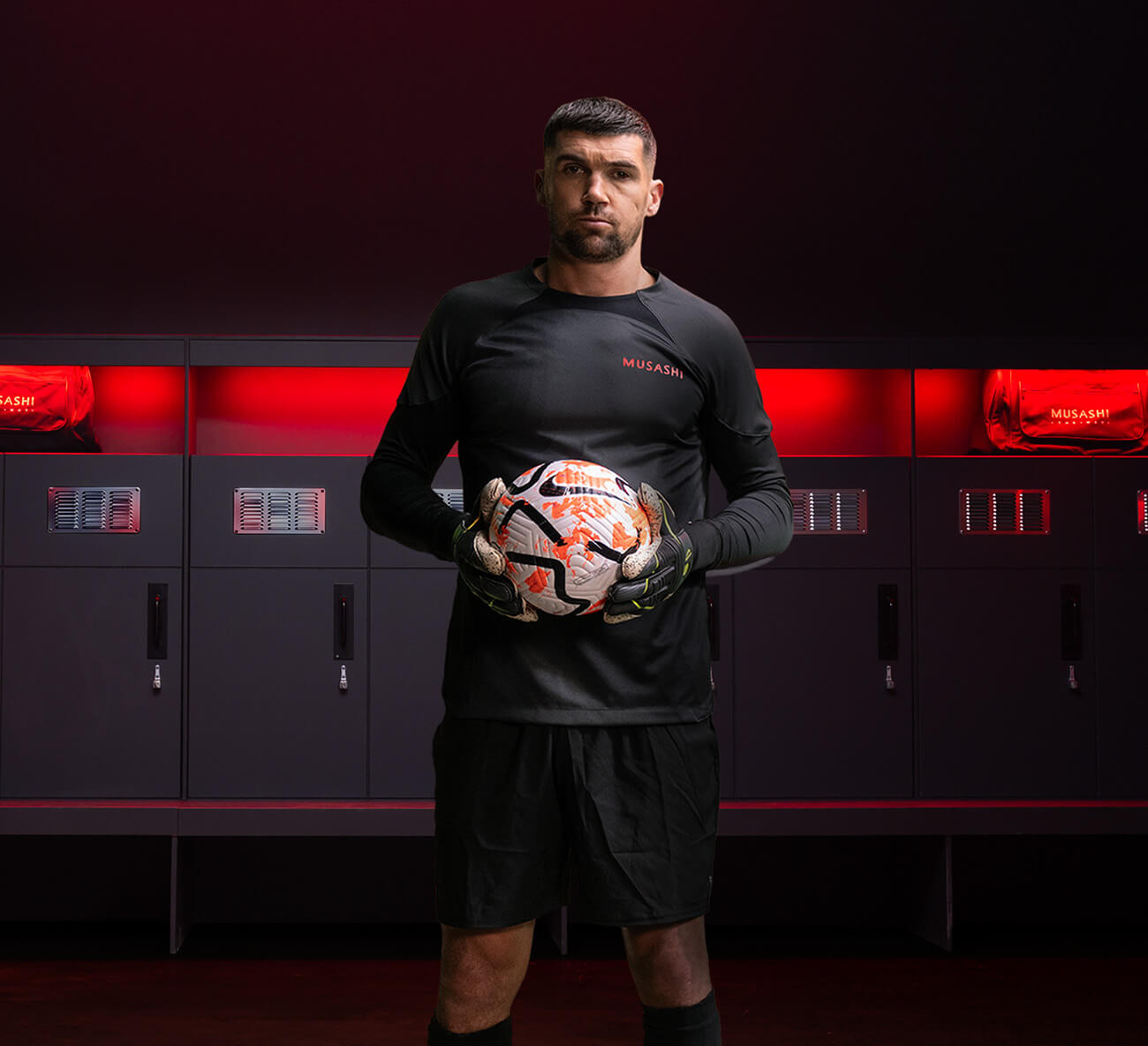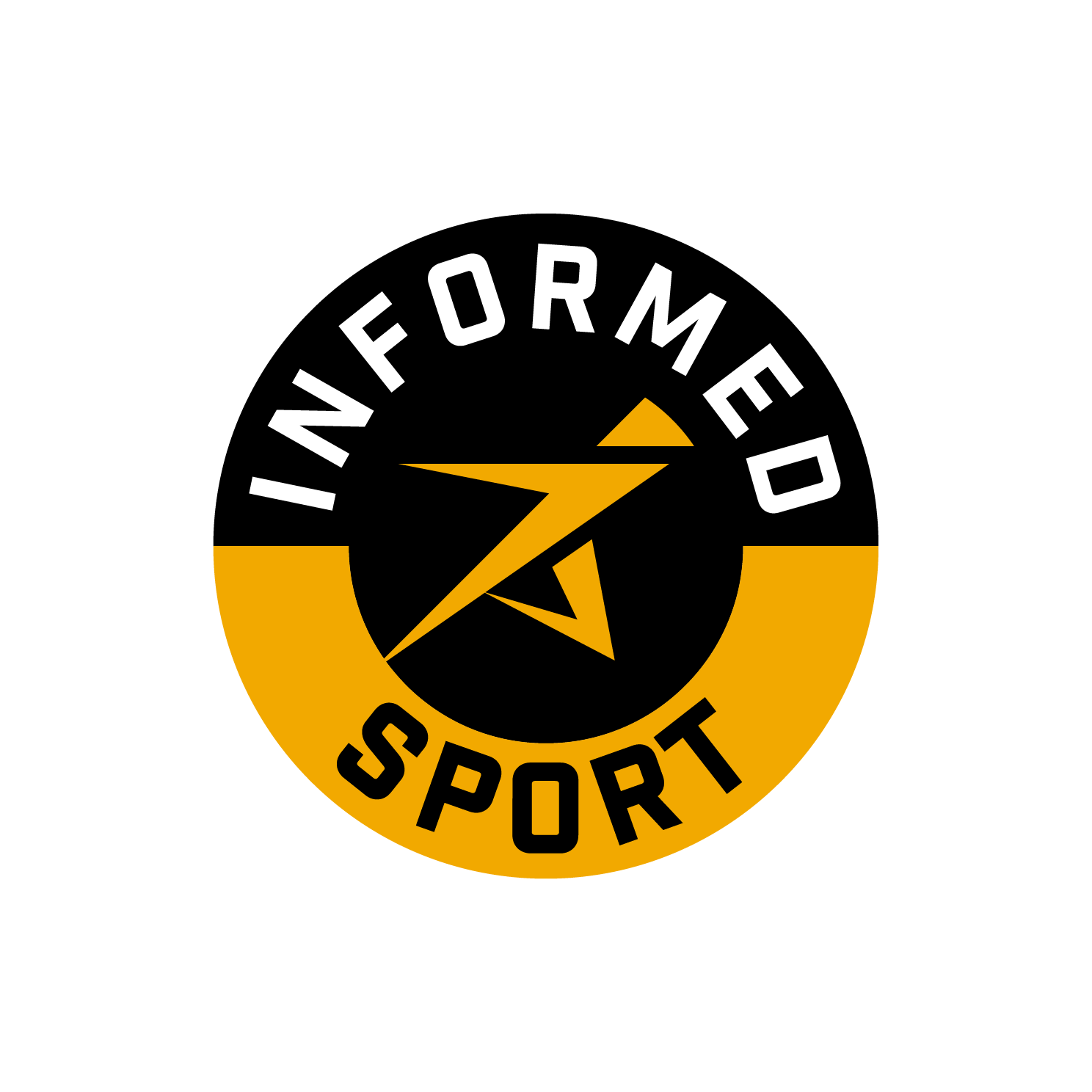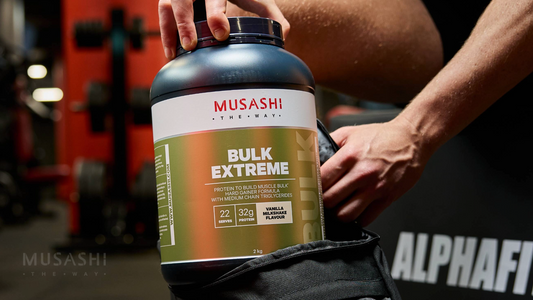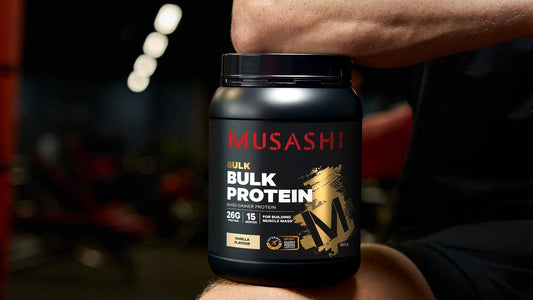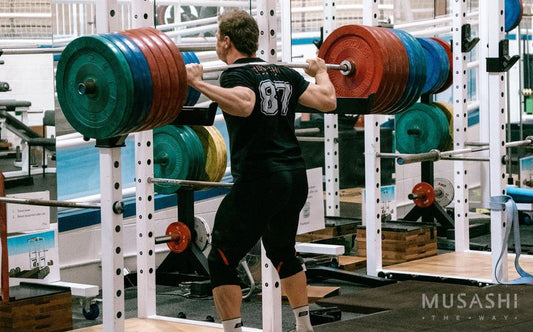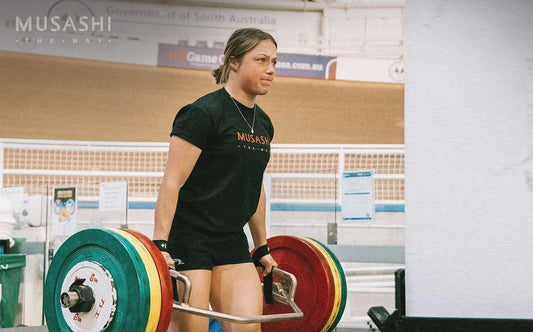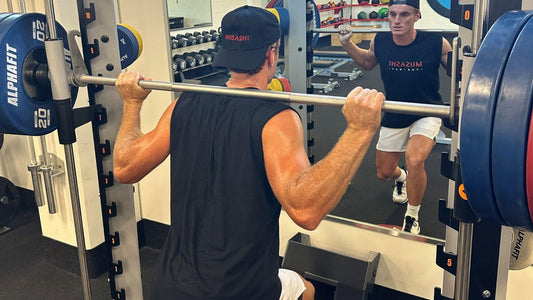
Hormones play an important role in bodybuilding and strength training. Some hormones build muscle (anabolic) and some hormones breakdown muscle tissue (catabolic). Hormones which build muscle include testosterone, insulin, growth hormone and insulin-like growth factor (IGF-1). Other hormones, such as cortisol and adrenaline cause muscle tissue breakdown.
How Do Hormones Impact Muscle Building and Breakdown?
Testosterone is the most important hormone for body building and is known for its potent effects on building muscle. Males have elevated levels of testosterone which help men to grow facial hair, gives them deeper voices and anabolic properties which aid muscle building. Exercise stimulates the release of testosterone, but the amount is variable between people and the type and intensity of training. The amount the body produces naturally reduces with age. Testosterone is also naturally produced by women but in lower quantities.
Growth hormone helps to build muscle. It stimulates the release of IGF-1 which works in two ways. Firstly, to promote muscle growth and secondly it acts on tissues, resulting in fat breakdown
IGF-1 stimulates growth and protects against muscle breakdown. It is made in the liver and influenced by the growth hormone.
Insulin is the hormone which is largely influenced by exercise and diet. In relation to building muscle, insulin assists amino acids to repair damaged tissue and build muscle mass.
Cortisol often referred to as the stress hormone, promotes muscle breakdown. Cortisol is released in response to stress, both physical and emotional. The brain perceives exercise as a form of physical stress and releases cortisol as a result of overtraining.
Adrenaline (epinephrine) is the hormone which helps you to react quickly to stressful or dangerous situations. Adrenaline is a catabolic hormone breaking down muscle.
How Does Training Affect Hormones?
Overtraining causes significant increases in cortisol release which in turn promotes a spike in muscle breakdown, making it nearly impossible for athletes to build strength and size. Other stress factors, such as lack of sleep, poor diet and mental stress all increase the release of cortisol which contribute negatively to strength and muscle building. In relation to bodybuilding, the goal is to keep anabolic hormones high and catabolic hormones low. It is possible to enhance the production of testosterone through exercise and nutrition.
Exercise can have an impact on the release of hormones. High-volume, high-intensity training raises testosterone, growth hormone and IGF-1 levels but also encourages a larger release of cortisol levels. Low-volume, high-intensity workouts with longer rest periods i.e. 3-5 minutes between sets, instead of the 1-2 minutes suggested in most programs, helps with the production of testosterone with minimal release in cortisol. Balancing your ratio of testosterone and cortisone levels though a well thought-out strength training program, with dedicated rest days and longer rest periods between sets, helps to keep cortisol levels low and testosterone levels high.
What you eat before, during and after exercise will also make a big difference in muscle building results. Consuming carbohydrates before and during training can help to minimise the release of cortisol (muscle breakdown). When the blood glucose level is maintained, cortisol is reduced and muscle tissue is spared from further breakdown. Protein is an important component of a body building diet. The timing also has an impact on the positive results helping to reduce protein breakdown and stimulate muscle building.
Get the Best Out of Your Training
Before: Musashi 100% Whey protein powder up to 45 minutes before training.
During: Sip Musashi Intra Workout throughout your strength session.
After: Within 30 minutes of completing your training session, Musashi Bulk Protein powder.
References:
Ashpole NM, Sanders JE, Hodges EL, Yan H, Sonntag WE. Growth hormone, insulin-like growth factor-1 and the aging brain
Exp Gerontol 2015;68:76-81. doi:10.1016/j.exger.2014.10.002
Dkolinik & Chernus (2010) Nutrient Timing for Peak Performance. Human Kinetics

